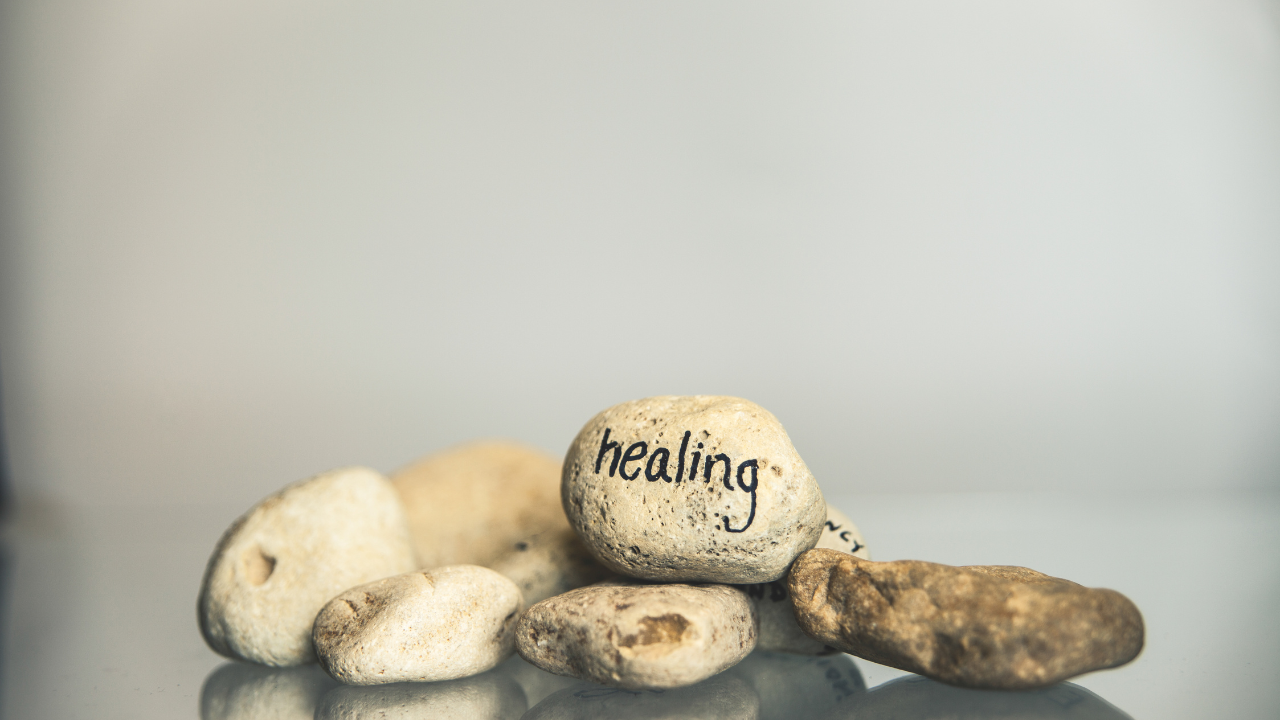When we Experience Collective Trauma
Apr 25, 2023
Collective trauma is a shared emotional reaction to a terrible event. People often feel powerless as a result of these experiences. In a nation as large as ours, it’s uncommon to have the whole country experience trauma at the same time, and yet we’ve had several events like that in the past year.
If you work in a helping profession, social work, teaching, health care, etc, or parenting during this time, PTSD like symptoms were reported in 15-40% of these populations. We are not doing ok!
Trauma is a stress reaction in response to an event. It can become a problem if it causes significant and long-lasting symptoms that make it hard for people to function. To help avoid this, look for ways to give yourself a break, make time for self-care and find moments of hope.
Some of the trouble is, many of us may have went into COVID at some level of burn out already-being caregivers, professionals, and attempting to meet our own needs can be exhausting. That emotional exhaustion can lead to burn out over time, since we do not have consistent ways of completing the stress cycle. We need to connect and talk with one another, and physically move these feelings out. (Check out Emily Nagowski's book Burnout for more tips on this! I have it linked on our resource page.)
We also need to think about shifting from the idea of work-life balance, to work-life integration to work in helping professions in a more sustainable way.
According to Merriam-Webster.com the word “integrate” is defined as “to form, coordinate, or blend into a functioning or unified whole.” Thereby concluding that work-life integration focuses on incorporating the different area’s of one’s life to create a whole picture.
Balance, on the other hand, has almost twice as many definitions on Merriam-Webster including, “stability produced by even distribution of weight on each side of the vertical axis,” and The Oxford Dictionary defines “balance” as “an even distribution of weight enabling someone or something to remain upright and steady.”
Many people tend to focus on “the even distribution” part of the balance definition when discussing work-life balance. This can create a sense of competition between work and home, and a separation as if these two worlds do not both impact the individual directly.
Our work and home boundaries are constantly blurring and can easily bleed into one another. Particularly during COVID when many of us went remote for the first time. Technology makes us available 24/7, without boundaries or breaks-unless we firmly establish these ourselves.
Integration allows us to bring our worlds together in a cohesive way that can work well for us. We can learn to work with ourselves, and allow space and flexibility to enjoy work and personal life.
If you're struggling with this give us a call today, or book a coaching session with Becca to work on your work-life integration strategies!

